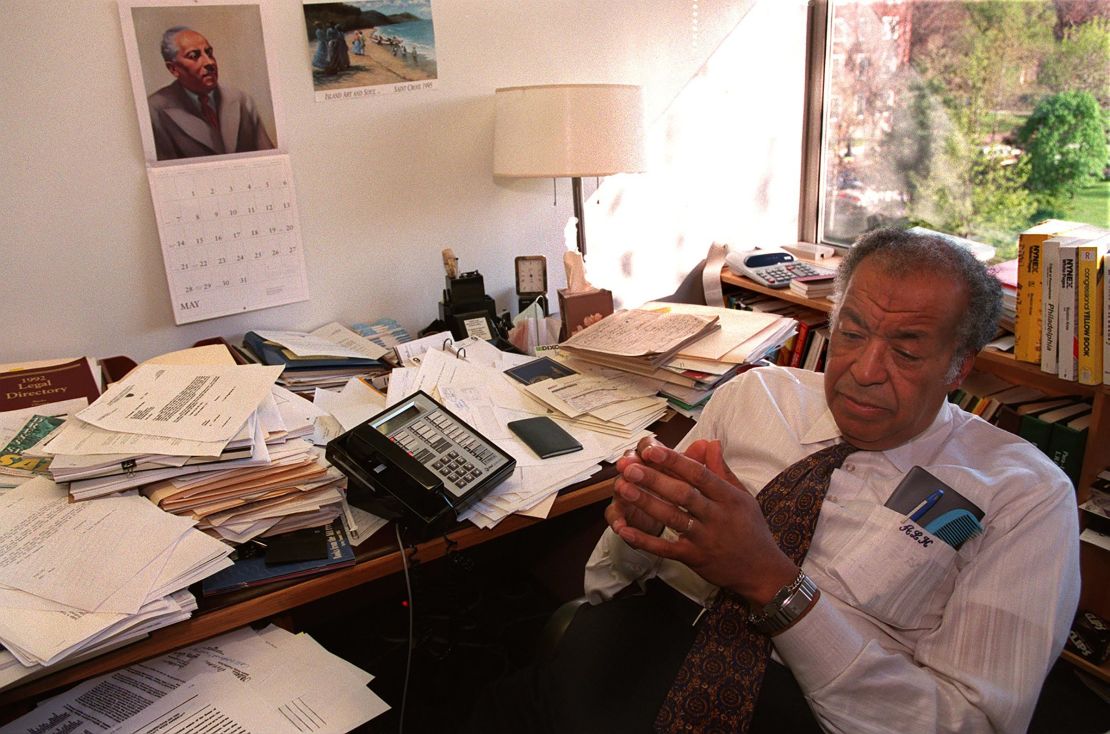Trinidad and Tobago has declared a state of emergency as gang violence in the Caribbean nation continues to escalate.
President Christine Carla Kangaloo issued the declaration on the advice of Prime Minister Keith Rowley, who had been under growing pressure to take action over worsening crime figures.
The twin-island republic has one of the highest homicide rates in Latin America and the Caribbean, with a record murder tally of more than 620 this year so far in a population of 1.5 million people.
Organised crime is responsible for the majority of the murders, many of them linked to the international drug trade.
According to the US state department, the country's close proximity to Venezuela, porous borders and direct transportation routes to Europe and North America make it "a prime location for narcotics trans-shipment".
In the latest violent incident, five men were shot dead in a shop in the poverty-stricken Laventille area on Sunday. Police believe the killings were in reprisal for the murder of a prominent gang member the previous day.
Under the state of emergency, police will have the authority to arrest people on suspicion of involvement in crimes. They will also have the power to "search and enter both public and private premises as necessary".
The prime minister's office issued a statement saying the intention was to "address individuals who pose a threat to public safety, particularly those involved in criminal activities and the illegal use of firearms".
However, it added that there were no plans to impose a curfew.
It is unclear how the state of emergency will affect Trinidad's world-renowned Carnival, which is set to culminate in a massive street parade on the Monday and Tuesday before Ash Wednesday in early March.
The event is a major tourist attraction which brings in tens of thousands of visitors from overseas, but heightened security measures could put a damper on the festivities.
The move comes as Trinidad and Tobago gears up for a general election, which must be held by August 2025.
Rowley's governing People's National Movement party, in power since September 2015, faces a strong challenge from the opposition United National Congress, led by former Prime Minister Kamla Persad-Bissessar.








